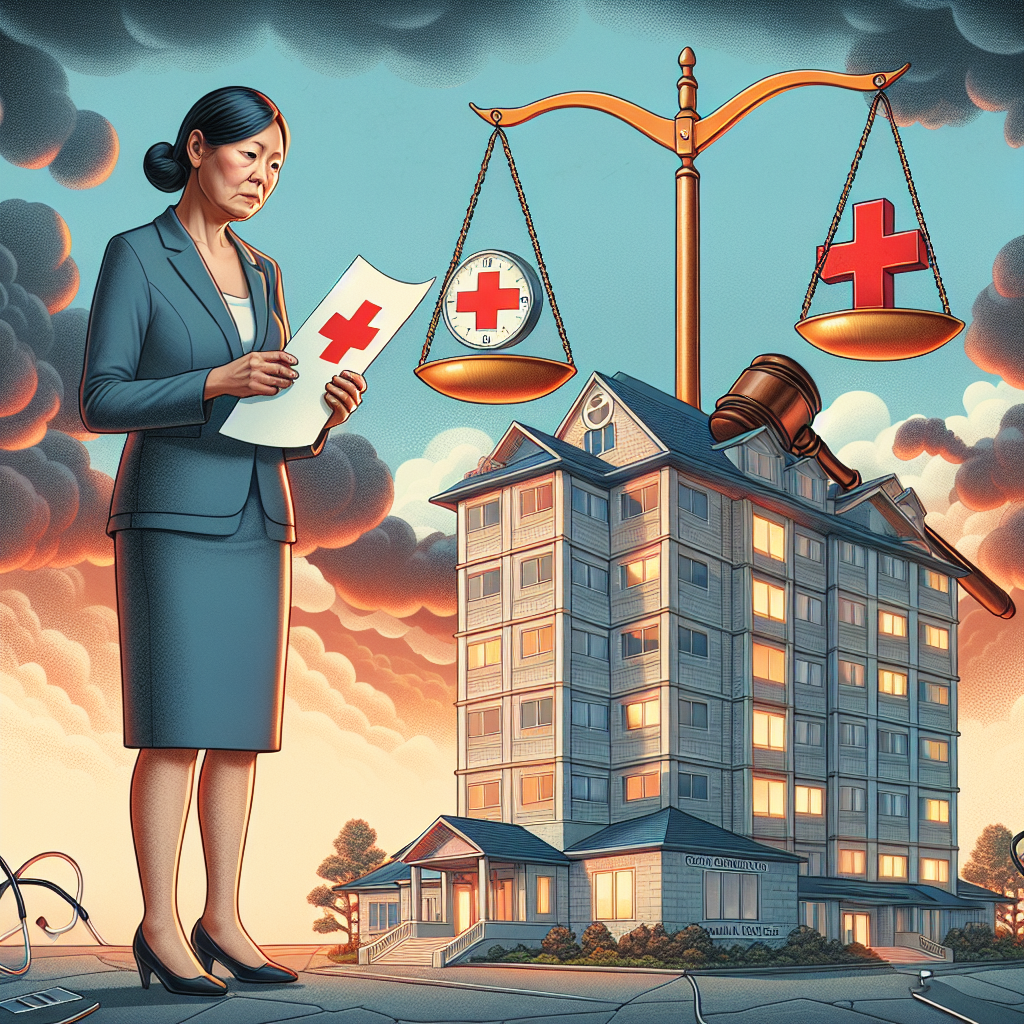New York, NY—In a bold move signaling a significant shift in healthcare regulation, federal and state governments across the nation have commenced an unprecedented crackdown on skilled nursing facilities. This sweeping initiative, aimed at enhancing patient care standards and ensuring fiscal accountability, comes amidst rising concerns over inadequate patient care and financial irregularities within the sector. Government agencies are now wielding a sterner regulatory stick, imposing more rigorous inspections, hefty fines, and, in some cases, imposing operational restrictions on non-compliant facilities.
The trigger for this regulatory reckoning appears to be a spate of disturbing reports highlighting substandard care levels, abuse, and neglect in some nursing homes. Additionally, investigations have discovered instances of financial mismanagement and fraud, including the misuse of Medicare and Medicaid funds, which are critical for the operation of these skilled nursing venues. “The time for tolerating neglect and financial impropriety in skilled nursing facilities is over,” said an unnamed senior official from the Department of Health and Human Services, “We are committed to ensuring that all patients receive the high-quality care they deserve and that taxpayer funds are used appropriately.”
To substantiate the new enforcement drive, the Centers for Medicare & Medicaid Services (CMS) recently reported that over the last fiscal year, there was a 22% increase in citations for serious violations at skilled nursing facilities nationwide. This statistic underscores the growing concern over the quality of care provided in these institutions and bolsters the government’s resolve to enforce stricter compliance with healthcare and financial regulations.
The consequences of this regulatory crackdown are twofold. On the one hand, it promises to foster a safer, more accountable, and higher-quality care environment for the elderly and disabled individuals who rely on skilled nursing facilities. On the other hand, it places immense pressure on these facilities to overhaul their operations. This includes investing in staff training, improving patient care protocols, and ensuring meticulous financial practices to avoid falling afoul of the law.
Industry response to the government’s actions has been a mixture of approval and apprehension. While many acknowledge the necessity of reform to eliminate maltreatment and mismanagement, others fear the financial burden of compliance may be too heavy for some facilities to bear, particularly smaller ones with limited resources.
As the government’s crackdown unfolds, it’s clear that the landscape of skilled nursing in the United States is on the brink of significant change. Stakeholders across the spectrum, from patients and their families to health care providers and facility operators, are watching closely, hoping that these stringent measures will herald a new era of improved care standards and accountability in skilled nursing facilities.


